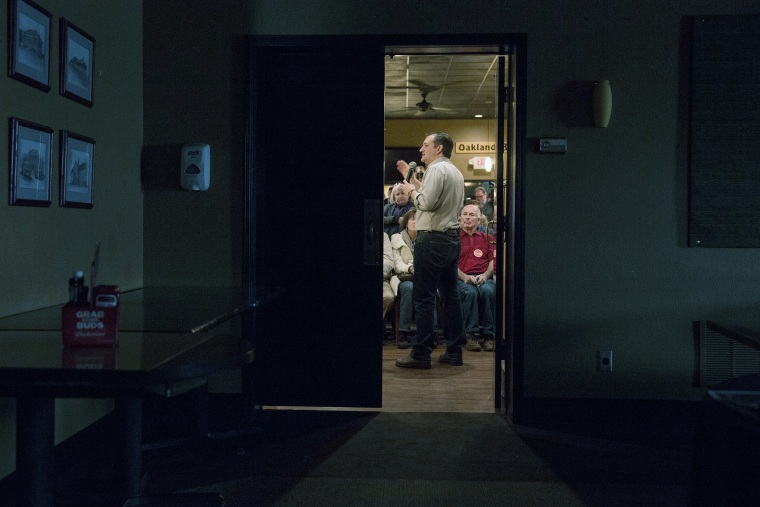While the media has been largely consumed by examining the GOP front-runner, asking about second choices is the key to understanding how the race will likely develop once candidates drop in viability or drop out altogether. In other words, who stands to topple Donald Trump once the field narrows?
The conventional thinking is that there is a schism between “establishment” and “non-establishment” voters in the Republican Party. If this holds true, then we should see “non-establishment” voters supporting other “non-establishment” candidates once their first choice is out of the race. The NBC|Survey Monkey online poll for the week of December 28, 2015 to January 3, 2016 provides a look at whether the pattern holds true.
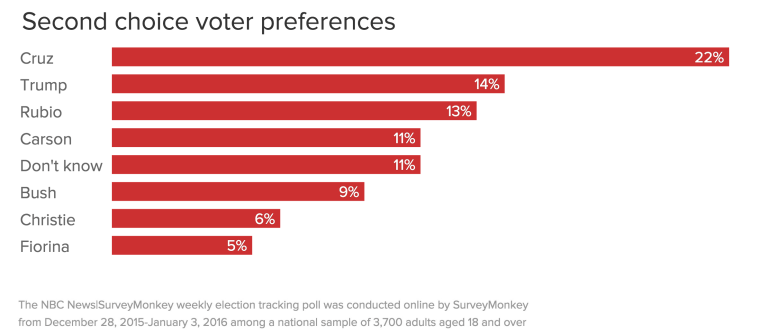
For most candidates, the second choice preference follows this pattern – but not always. The second choice for all candidates is a non-establishment candidate. Around 14% of registered Republicans who are not certain they will vote for their first choice support Trump, while around 22% support Ted Cruz. In fact, nearly every candidate except for Trump does better on second choices, suggesting that Trump’s numbers will soften in the coming months as candidates drop out, no matter who those candidates are.
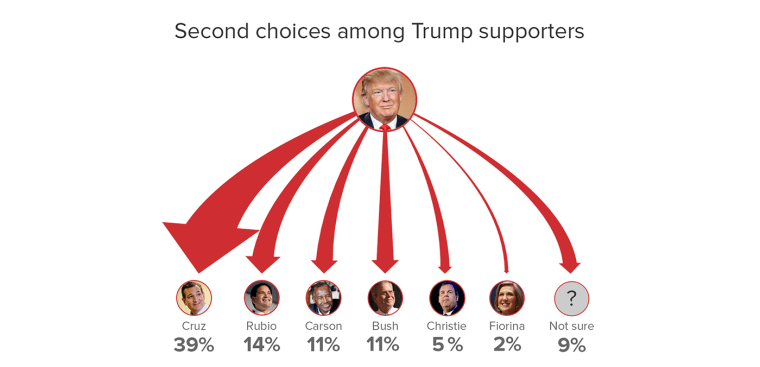
What is particularly striking about the support for Cruz as a second choice is that it comes from voters supporting both establishment and non-establishment candidates. Below are the second choices for individuals whose first choices are either Trump (a non-establishment candidate) or Marco Rubio (an establishment candidate).
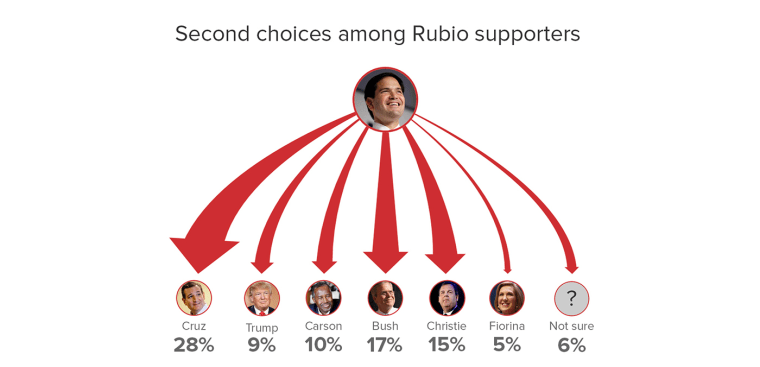
It is not surprising that people who now support a non-establishment candidate (Trump) pick as their second choice another non-establishment candidate (Cruz).
What is surprising is that the same thing is true for those currently supporting Rubio. While Jeb Bush and Chris Christie rate highly as second choices among Rubio supporters, it is Cruz who the plurality of Rubio supporters would flock to if Rubio were to exit the race.
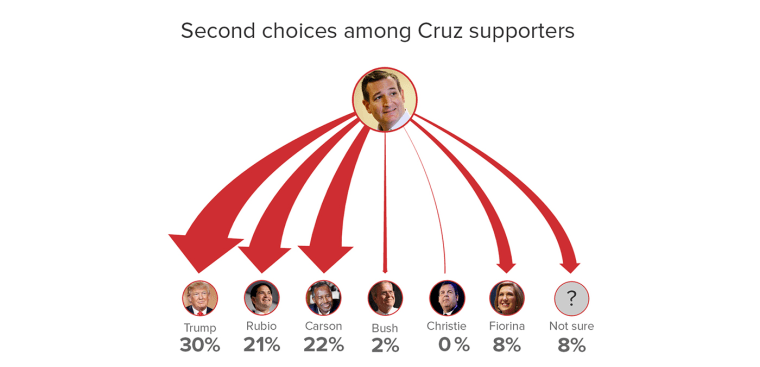
While there are establishment and non-establishment candidates in the Republican presidential primaries, it is not at all clear that there are similarly two camps of voters. This is bolstered when looking at the second choices of Cruz voters. The expectation is that if Cruz left the race his “non-establishment” voters would flock to Trump. While this is true of around 30% of Cruz supporters, a substantial 21% would back Rubio.
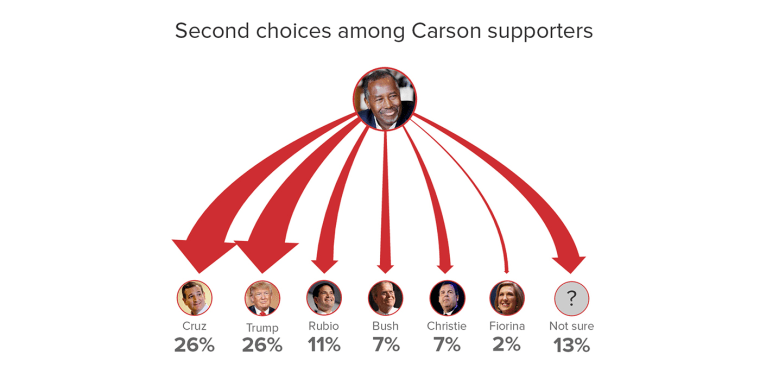
It should be stated that underlying all these numbers is a great deal of uncertainty. Thirty-eight percent of the sample is “absolutely certain” that they will vote for their first choice, and as such we didn’t ask them who their second choice was. Of those who answered the second choice question, 11% aren’t sure who they would support if their first choice dropped out.
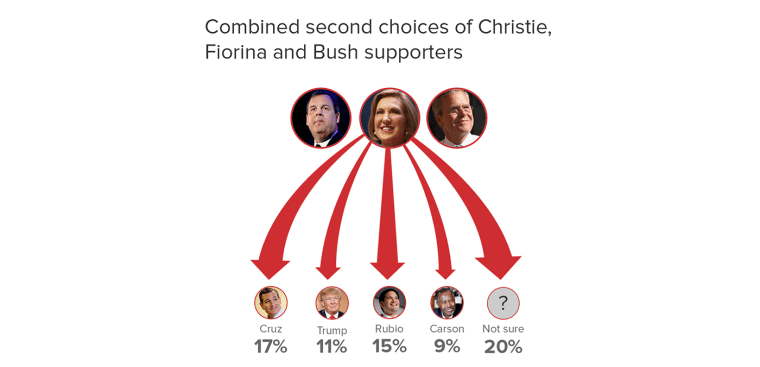
In other words, there is still a high amount of volatility remaining in this campaign. What does seem to be clear, however, is that Cruz may be the candidate most likely to unite the establishment and non-establishment wings of the Republican Party.
